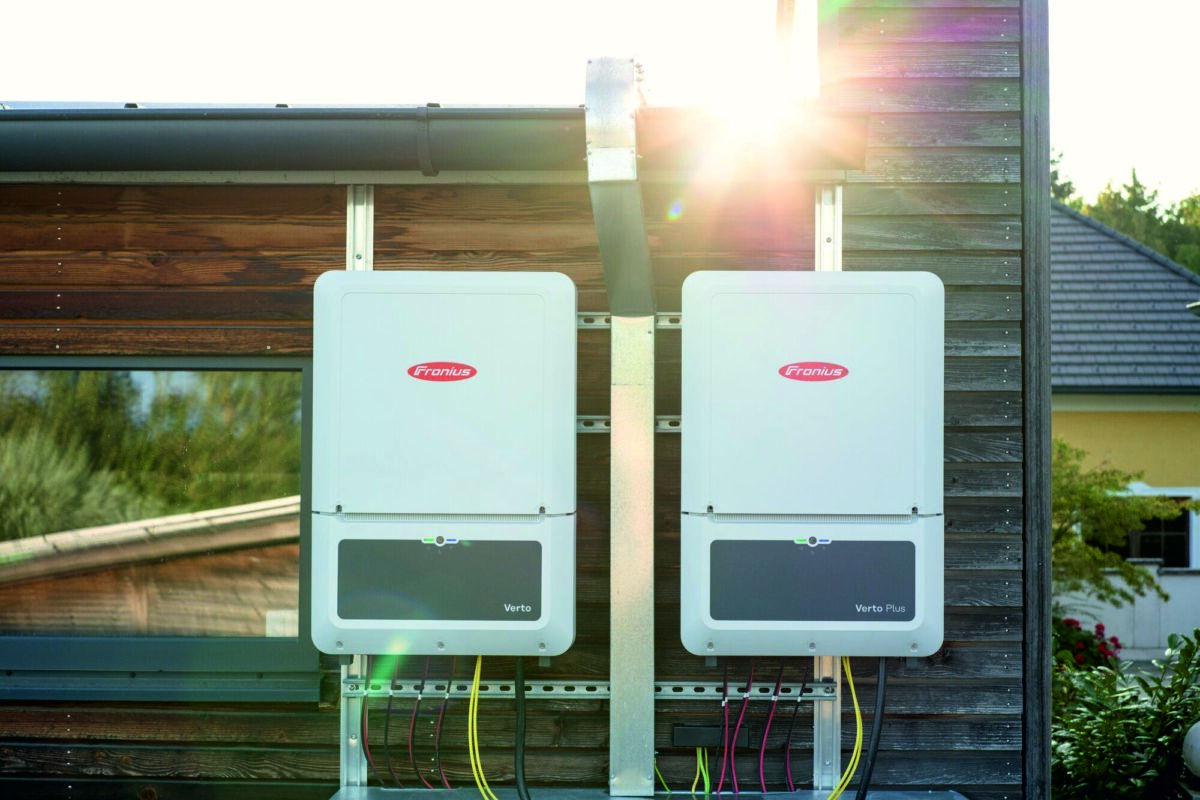The transformation of Greek renewable energy laggard the Public Power Corporation (PPC) has continued with news the utility’s PPC Renewables arm has won tenders to develop the nation’s largest solar cluster and is planning Greece’s first unsubsidized PV project.
Subsidy-free plans
The renewables division of the state-owned power company is planning a subsidy-free 50 MW solar plant in the Megalopoli coal mining region of the Peloponnese peninsula.
“The idea is PPC Renewables’ subsidy-free plant [will] generate electricity that would sell [to] the parent company, the PPC,” said Konstantinos Mavros, who was appointed chief executive of PPC Renewables in September.
The electric utility, Greece’s largest corporation, accounts for around 70% of the domestic electricity retail market but holds a much smaller chunk of the power generation mix. Until recently, the debt-saddled company followed a fossil fuel-driven business plan but a change at the top has seen the utility pivot towards clean energy with the aim of PPC Renewables developing sufficient facilities for the business to hold more generation assets.
Mavros said the purchase tariff the PPC will pay its renewables subsidiary for the power generated at Megalopoli was still under negotiation but told pv magazine: “The subsidy-free plant in Megalopoli will serve to prove our concept. Once this is proven, PPC Renewables can take the lead and transform the company, the energy market and our economy.”
The clean energy division has also published details of an engineering, procurement and construction (EPC) tender for a 200 MW solar project in northern Greece. The facility, planned at a coal mine in the western Macedonia region, has secured a €0.04911/kWh top-up tariff for the energy it will generate. Under the Greek procurement system, project operators bid a top-up tariff which will be paid for the power generated alongside the wholesale electricity price and other amounts, including a set marginal cost associated with the generation technology. The tariff accepted for the western Macedonia plant is lowest for a renewables facility in Greece to date.
PPC Renewables secured the contract in the last round of the nation’s renewable energy tenders, on April 2. The EPC tender will be held at 1pm local time on May 28 and will have an indicative €110.15 million budget, excluding VAT.
The PPC Renewables division has already secured contracts for two 15 MW solar projects on the site where it is planning the 200 MW facility. The smaller assets will receive premium tariffs of €0.06488 and €0.05382/kWh agreed in national PV tenders held in July and December. The incentives will be paid under 20-year contracts.
The renewables business of the national utility secured the three projects, which together will make up the largest concentration of PV projects under development in Greece, by bidding the lowest acceptable top-up premiums in the tenders held in December and this month.
Bids to land the EPC contract for the first of the 15 MW facilities are being evaluated and the window for pitches for the second plant will close on April 28.
PPC Renewables claims to have a clean energy project pipeline amounting to more than 6 GW of solar, wind, small hydro, geothermal and biomass facilities.
Lignite to solar
Parent company the PPC plans to install 3 GW of solar capacity on former coal mines, with the nation pledged to end coal use by 2028 at the latest. Some 2 GW of solar projects, including the latest 200 MW facility, are planned in Ptolemaida, in the Kozani region of northern Greece, with a further gigawatt earmarked for the Peloponnese.
Transforming the utility
Transforming the lignite mines will go hand in hand with the turnaround of the electric utility.
The paradigm shift at the PPC started after the nation elected a new center-right government with a clear majority in July. The new administration cited transformation of the PPC – hamstrung by an inability to collect bill payments – as one of its top priorities.
Under the direction of new chief executive George Stassis, who was appointed in August, the PPC has introduced numerous measures including the planned phase-out of uneconomic coal power plants. The utility plans to shutter all but one coal facility by 2023 and has stated the remaining site may be converted to biomass generation.
PPC Renewables boss Mavros told pv magazine the parent utility also has plans for energy storage, electric vehicles and a transformation of IT which will drag the company into the digital age.
“Our goal is to transform the utility into a new business unit fit for the 21st century,” said Mavros.
This copy was amended on 20/04/20 to explain the operators of publicly-tendered renewables projects in Greece receive other payments in addition to the wholesale electricity price and the feed-in premium they bid, for each kilowatt-hour of power generated.
This content is protected by copyright and may not be reused. If you want to cooperate with us and would like to reuse some of our content, please contact: editors@pv-magazine.com.



4 comments
By submitting this form you agree to pv magazine using your data for the purposes of publishing your comment.
Your personal data will only be disclosed or otherwise transmitted to third parties for the purposes of spam filtering or if this is necessary for technical maintenance of the website. Any other transfer to third parties will not take place unless this is justified on the basis of applicable data protection regulations or if pv magazine is legally obliged to do so.
You may revoke this consent at any time with effect for the future, in which case your personal data will be deleted immediately. Otherwise, your data will be deleted if pv magazine has processed your request or the purpose of data storage is fulfilled.
Further information on data privacy can be found in our Data Protection Policy.